Reverse mortgages can provide seniors with a valuable source of income during retirement, but not everyone qualifies for this type of loan. There are several factors that can disqualify you from getting a reverse mortgage, including age, home equity, property condition, and financial requirements. In this article, we’ll explore the main eligibility criteria for reverse mortgages and discuss some alternative options if you don’t qualify.
Reverse Mortgage Age and Equity Requirements
Minimum Age Requirement of 62
One of the most basic requirements for a reverse mortgage is that all borrowers must be at least 62 years old. This age requirement applies to both the primary borrower and any co-borrowers listed on the loan. If you’re married and your spouse is under 62, you may still be able to qualify for a reverse mortgage, but your spouse won’t be listed as a borrower and won’t have access to the loan proceeds.
There are no exceptions to the minimum age requirement for reverse mortgages. If you’re under 62, you’ll need to wait until you reach that age before applying. In the meantime, you may want to consider other financial options, such as a traditional mortgage refinance or home equity loan.
Home Equity Requirement of at Least 50%
In addition to the age requirement, you’ll also need to have significant equity in your home to qualify for a reverse mortgage. Most lenders require that you have at least 50% equity in your home, which means that your mortgage balance must be no more than 50% of your home’s value.
For example, if your home is worth $300,000 and you still owe $100,000 on your mortgage, you would have 67% equity in your home and would likely meet the equity requirement for a reverse mortgage. However, if you owed $200,000 on your mortgage, you would only have 33% equity and would not qualify.
Property Requirements for Reverse Mortgages
The Home Must Be Your Primary Residence
To qualify for a reverse mortgage, the property must be your primary residence. This means that you must live in the home for the majority of the year and not use it as a vacation home or rental property. If you own multiple properties, you can only get a reverse mortgage on the one that you consider your main home.
There are some exceptions to this rule for certain types of properties. For example, if you live in a multi-unit building and own one of the units, you may still be able to get a reverse mortgage as long as you live in one of the units as your primary residence.
Property Condition and Repair Requirements
Your home must also meet certain condition and repair requirements to qualify for a reverse mortgage. In general, the property must be in good condition and meet all local building codes and safety standards. If there are any major repair issues, such as a leaky roof or foundation problems, you may need to fix these issues before you can get approved for a reverse mortgage.
As part of the application process, the lender will typically send an appraiser to assess the condition of your home and identify any necessary repairs. If repairs are needed, the lender may require you to complete them before closing on the loan or may set aside funds from the loan proceeds to pay for the repairs.
Income, Credit and Financial Requirements
Sufficient Income and Assets to Cover Costs
While reverse mortgages don’t have the same income and credit requirements as traditional mortgages, lenders will still assess your financial situation to ensure that you have the means to continue paying property taxes, insurance, and maintenance costs. This is known as the “financial assessment” and was implemented by the Federal Housing Administration (FHA) in 2015.
As part of the financial assessment, you’ll need to provide documentation of your income, assets, and expenses. This may include:
- Bank statements
- Tax returns
- Social Security or pension statements
- Outstanding debts and liabilities
Satisfactory Credit History and Financial Assessment
In addition to reviewing your income and assets, lenders will also pull your credit report as part of the financial assessment. While you don’t need perfect credit to qualify for a reverse mortgage, major negative items on your credit report could disqualify you.
Some examples of credit issues that could prevent you from getting a reverse mortgage include:
- Foreclosures or bankruptcies in the past 2-3 years
- Multiple late payments or collections on your credit report
- High levels of unsecured debt, such as credit card balances
If the lender identifies any issues during the financial assessment, they may require a “Life Expectancy Set-Aside” or LESA. This is a portion of your reverse mortgage proceeds that is set aside to pay for property taxes and insurance premiums. The LESA can reduce the amount of money you receive from the reverse mortgage, but it helps ensure that you can afford the ongoing costs of the loan.
No Delinquent Federal Debts or Unpaid Taxes
Finally, to qualify for a reverse mortgage, you must be current on all federal debts and property taxes. If you have any unpaid federal tax liens, judgment liens, or other delinquent federal debts, you’ll need to pay these off before you can close on a reverse mortgage loan.
Similarly, if you’re behind on your property taxes or homeowners insurance premiums, you’ll need to get caught up on these payments before you can move forward with a reverse mortgage. Failing to stay current on taxes and insurance can lead to defaulting on the reverse mortgage and losing the home to foreclosure.
Mandatory HUD Counseling Session
Before you can apply for a reverse mortgage, you must complete a mandatory counseling session with a HUD-approved counselor. During this session, the counselor will explain how reverse mortgages work, review the eligibility requirements and costs, and discuss alternative options.
The purpose of the counseling session is to ensure that you fully understand the implications of getting a reverse mortgage and to help you decide if it’s the right choice for your financial situation. The counseling is required for all reverse mortgage borrowers and must be completed before you can submit a loan application.
Alternatives If You Don’t Qualify for a Reverse Mortgage
If you don’t meet the eligibility requirements for a reverse mortgage, there are still other options to consider for accessing your home equity or supplementing your retirement income. Some alternatives include:
Waiting Until Reaching Eligible Age and Equity
If you’re under 62 or don’t have enough equity in your home, one option is simply to wait until you meet the age and equity requirements for a reverse mortgage. In the meantime, you can focus on paying down your existing mortgage balance to build up more equity.
Keep in mind that reverse mortgage requirements and guidelines may change over time, so it’s a good idea to stay up-to-date on the latest information and plan accordingly.
Downsizing to a Smaller Home
Another option is to sell your current home and downsize to a smaller, more affordable property. This can free up some of the equity in your home and reduce your monthly expenses, which can help you stretch your retirement savings further.
Of course, downsizing isn’t the right choice for everyone. It’s important to carefully consider the costs and logistics of selling your home and buying a new one, as well as the emotional impact of leaving a familiar place.
Traditional Refinancing or Home Equity Loan
If you have good credit and sufficient income, you may be able to qualify for a traditional mortgage refinance or home equity loan instead of a reverse mortgage. These options allow you to access the equity in your home while still retaining ownership of the property.
A cash-out refinance involves taking out a new mortgage for more than you currently owe and using the extra cash to pay off other debts or fund your retirement. A home equity loan or line of credit, on the other hand, is a separate loan that uses your home as collateral and provides you with a lump sum or revolving line of credit to use as needed.
The main drawback of these options is that you’ll need to make monthly payments on the loan, which can be challenging if you’re on a fixed income in retirement. You’ll also need to have good credit and sufficient income to qualify, which may be difficult if you’re no longer working.
In conclusion, while reverse mortgages can be a valuable tool for seniors looking to supplement their retirement income, they’re not right for everyone. If you don’t meet the age, equity, property, or financial requirements, you may need to consider other options such as waiting until you’re eligible, downsizing, or taking out a traditional mortgage or home equity loan. It’s important to carefully weigh the pros and cons of each option and consult with a financial advisor or housing counselor to determine the best course of action for your individual situation.
See also:
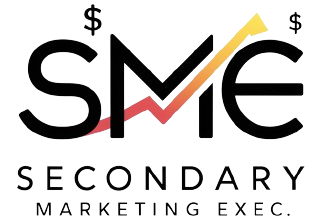
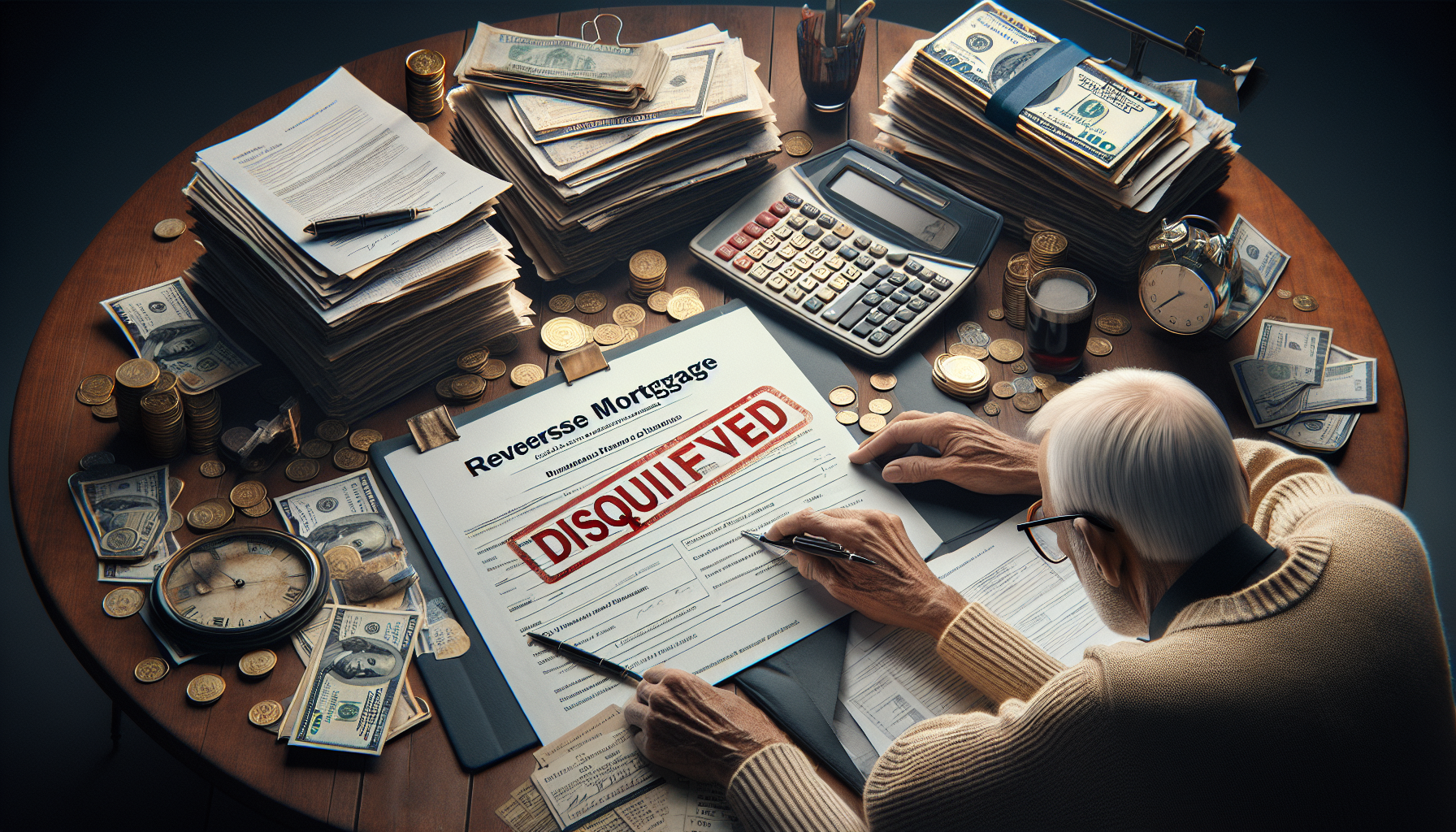


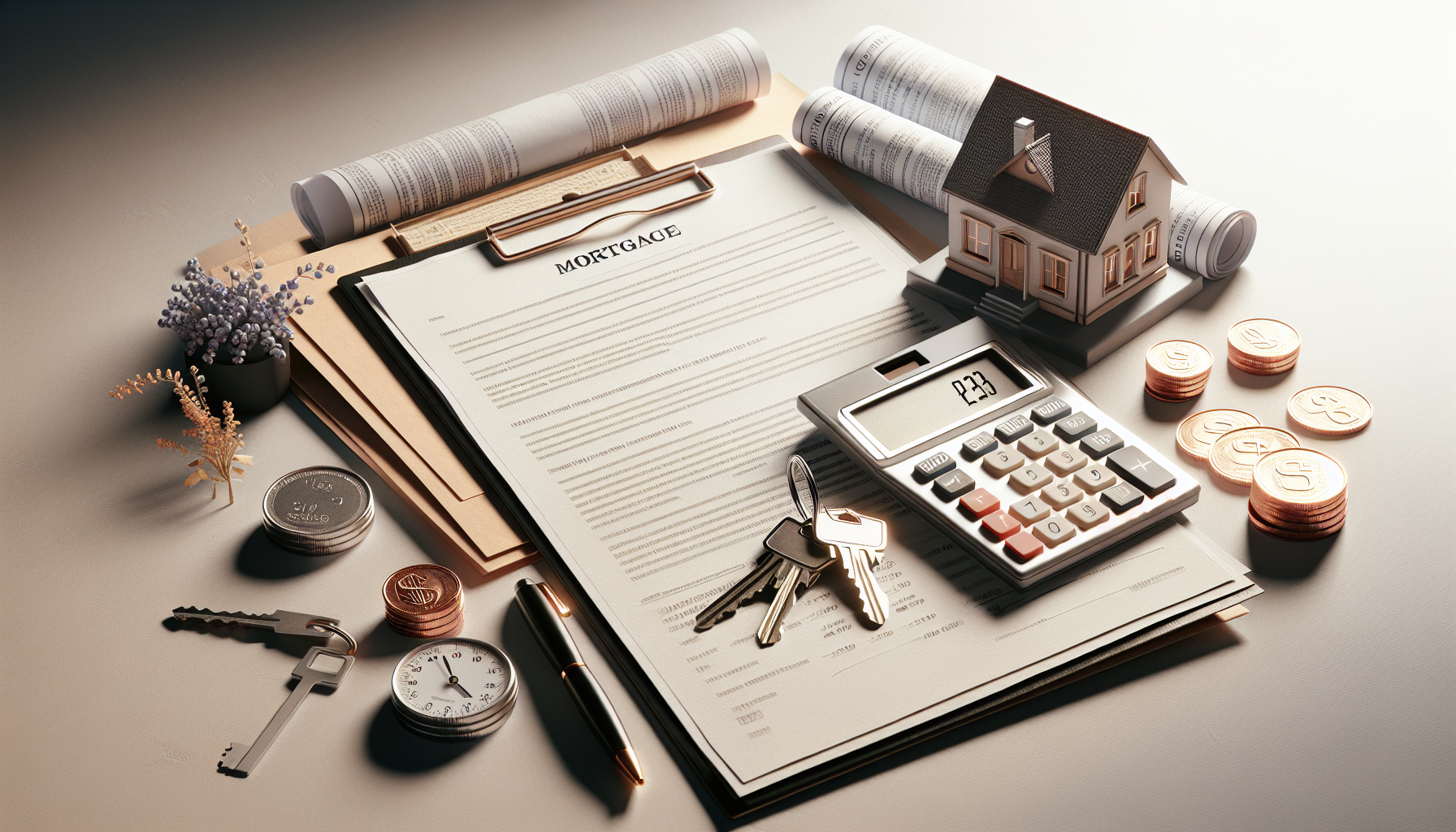
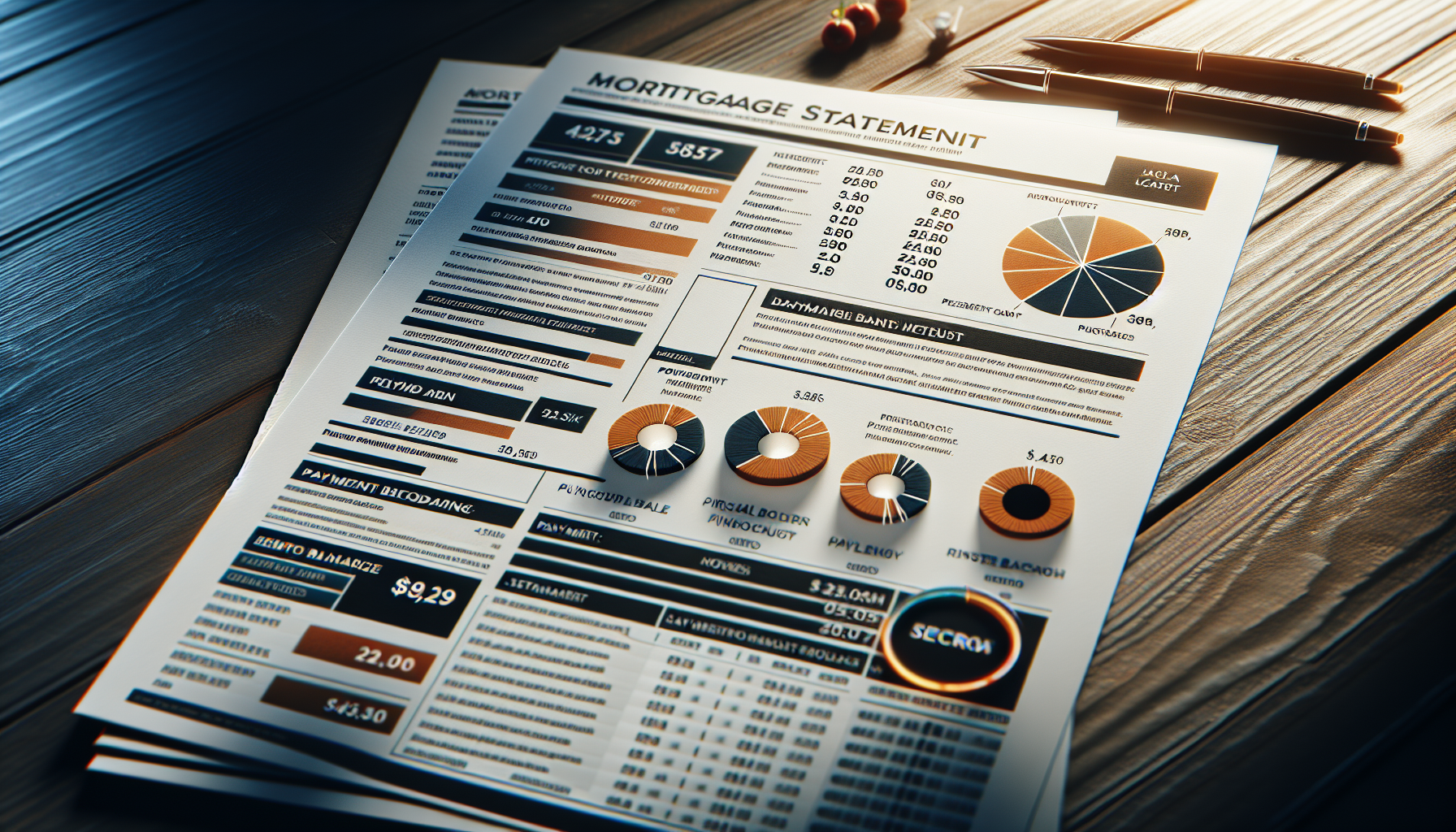
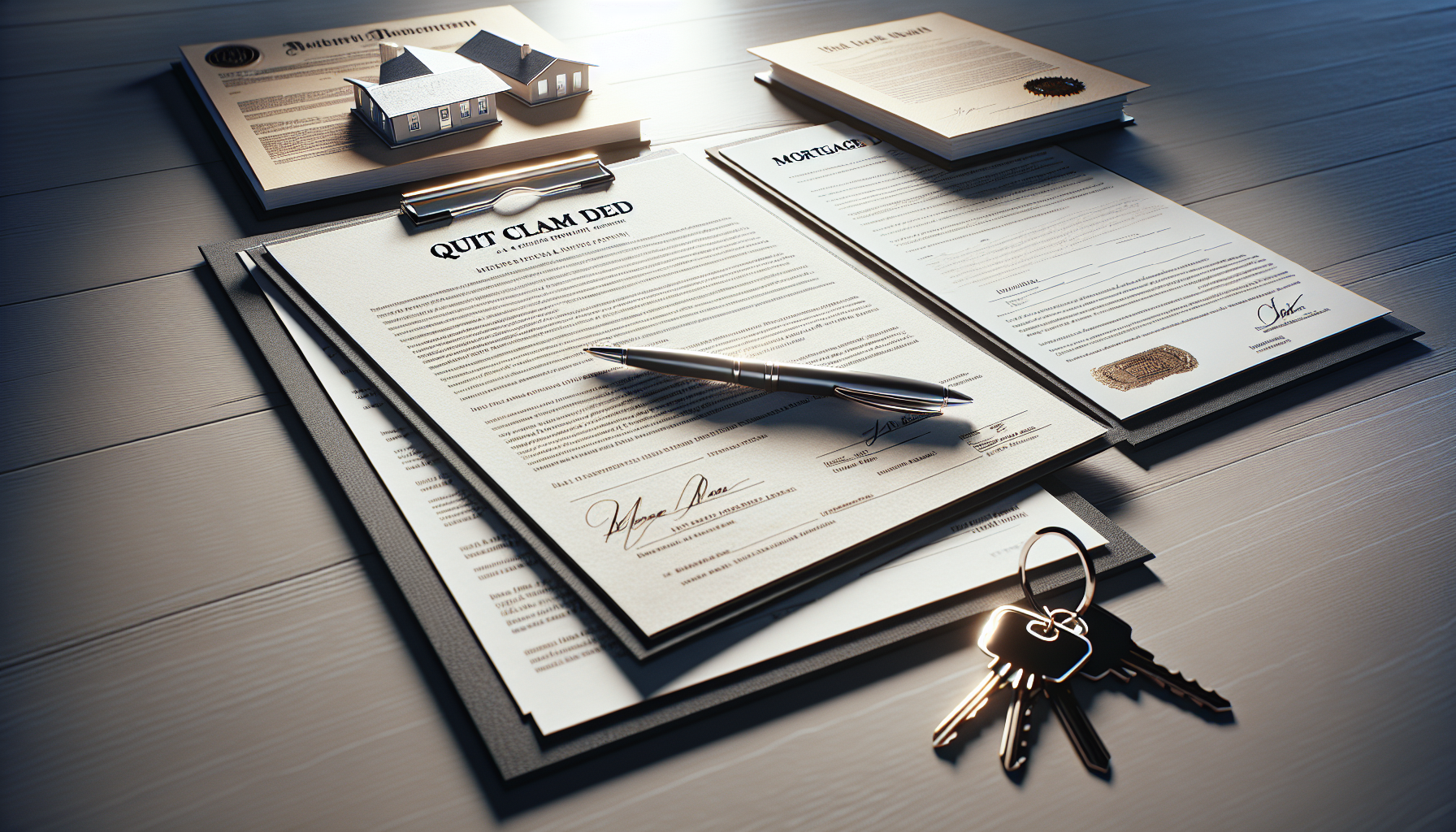

Leave a Reply